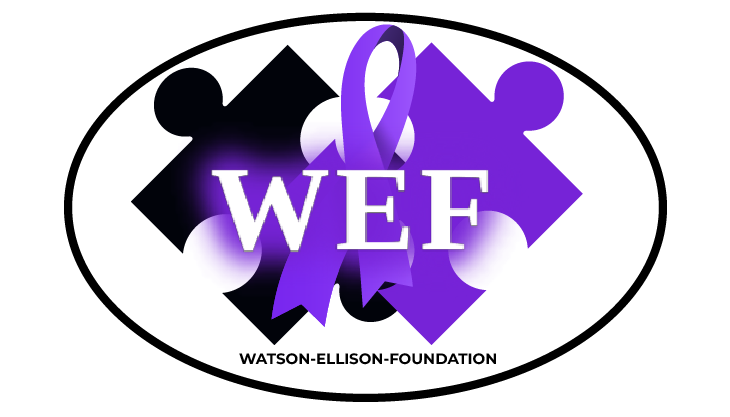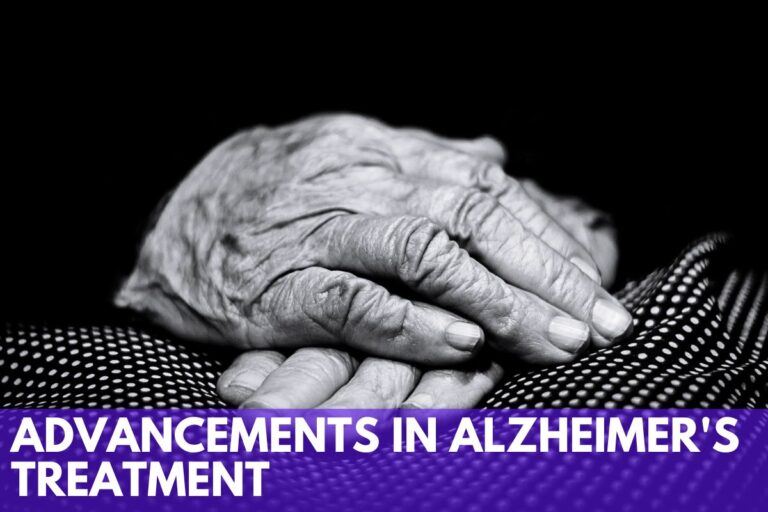No products in the cart.

“Empowering Caregivers: Nurturing Strength and Resilience”
Title: “Empowering Caregivers: Nurturing Strength and Resilience”
Introduction:
Caregivers play a vital role in the lives of individuals affected by Alzheimer’s disease. Their selfless dedication, compassion, and unwavering support are essential for the well-being of their loved ones. In this blog, we delve into the challenges faced by caregivers and explore strategies, resources, and support systems to empower and nurture their strength and resilience.
The Importance of Caregiver Well-being:
Caring for a person with Alzheimer’s can be emotionally, physically, and mentally demanding. Caregivers often face a multitude of challenges, including managing daily care tasks, coping with behavioral changes, dealing with their loved one’s cognitive decline, and navigating complex healthcare systems. It is crucial to recognize that caregiver well-being directly impacts the quality of care provided and the overall family dynamic.
Recognizing and Validating Emotions:
Caregivers may experience a range of emotions, from love and compassion to frustration, guilt, and even grief. It is important to acknowledge and validate these emotions. Creating a safe space for caregivers to express their feelings without judgment fosters emotional well-being and allows for effective coping mechanisms to be developed.
Building a Support Network:
Building a support network is vital for caregivers. Connecting with other caregivers who share similar experiences provides a sense of belonging and understanding. Support groups, both in-person and online, offer an opportunity to share challenges, seek advice, and gain practical insights. Additionally, engaging the help of family and friends can provide much-needed respite and support.
Self-Care and Self-Compassion:
Caregivers often neglect their own well-being while prioritizing the needs of their loved ones. Practicing self-care is not selfish; it is essential for maintaining physical and mental health. Engaging in activities that bring joy, setting boundaries, and seeking personal fulfillment are crucial components of self-care. Cultivating self-compassion allows caregivers to acknowledge their efforts, forgive themselves for any perceived shortcomings, and embrace their own humanity.
Accessing Resources and Education:
Knowledge is empowering. Caregivers benefit greatly from accessing educational resources, workshops, and training programs specific to Alzheimer’s care. These resources provide valuable information, practical skills, and strategies for managing challenging situations, enhancing caregiver confidence and effectiveness.
Respite Care and Support Services:
Respite care offers caregivers temporary relief and an opportunity to recharge. Utilizing respite services, whether through in-home care or temporary placement in specialized facilities, allows caregivers to take necessary breaks and tend to their own well-being. Additionally, accessing support services, such as counseling, legal and financial assistance, and care coordination, can alleviate the burden and provide peace of mind.
Advocacy and Policy Initiatives:
Caregivers are powerful advocates for change. By sharing their stories, raising awareness, and advocating for policies that support caregivers and individuals with Alzheimer’s, they can drive positive change at a societal level. Participating in advocacy groups and engaging with policymakers can lead to improved resources, increased funding, and greater support for caregivers.
Conclusion:
Caregivers are unsung heroes, demonstrating immeasurable strength and dedication in their journey of caring for individuals with Alzheimer’s. By recognizing the challenges they face, providing support systems, promoting self-care, and advocating for their needs, we can empower caregivers to continue their essential role with resilience and well-being. Together, let us nurture and support these extraordinary individuals who contribute so much to the Alzheimer’s community.



